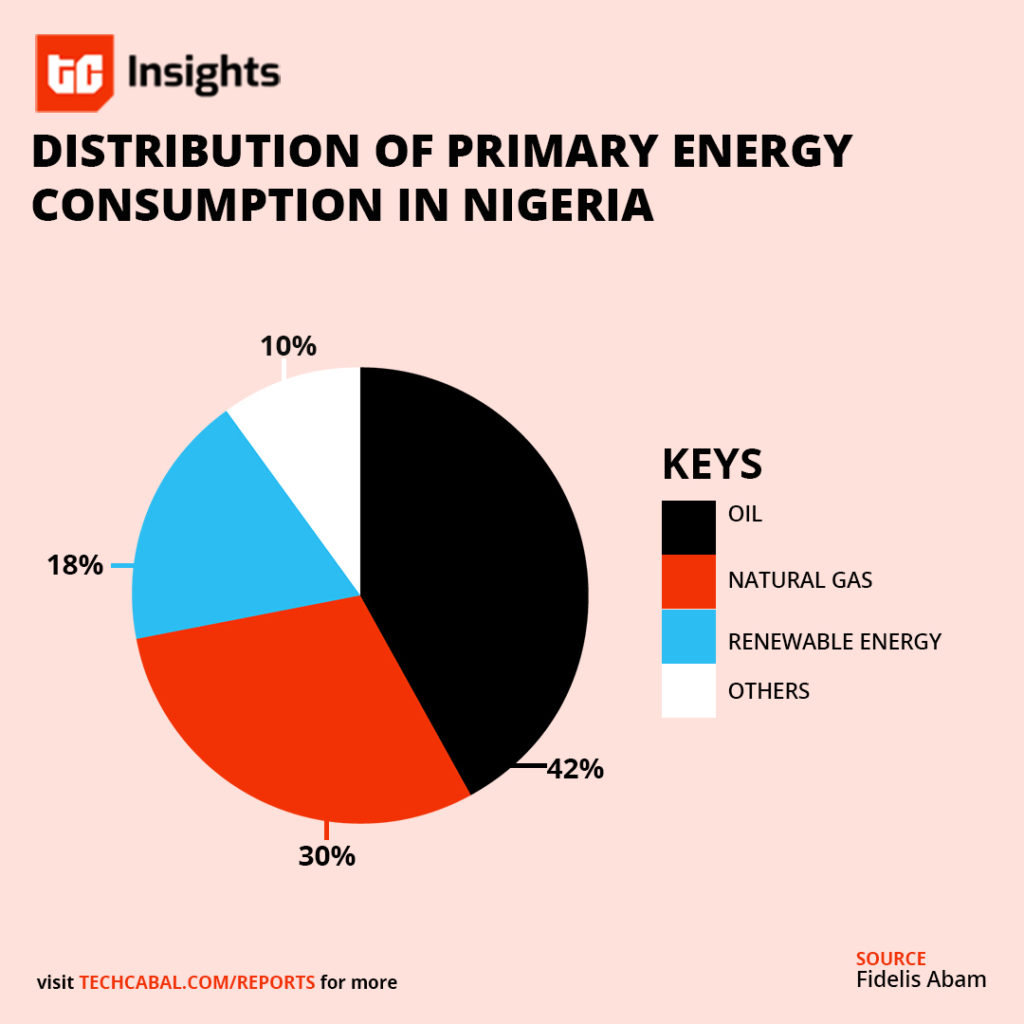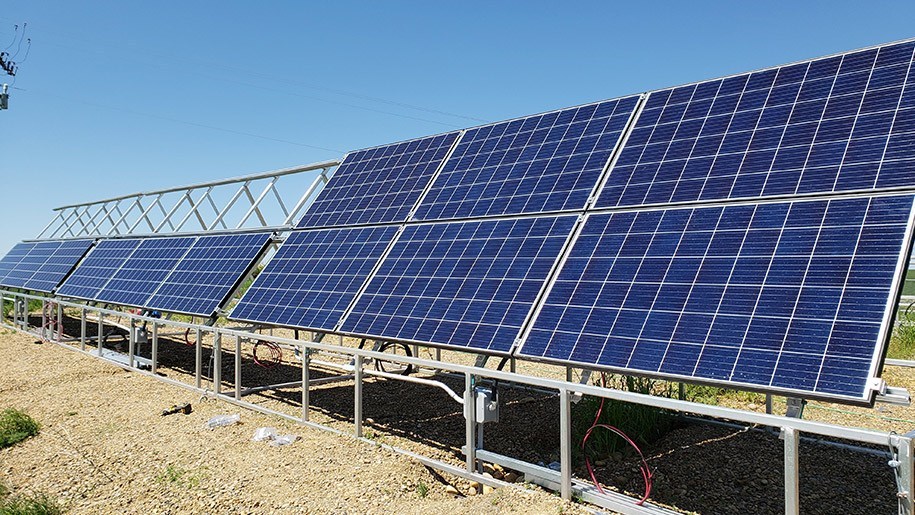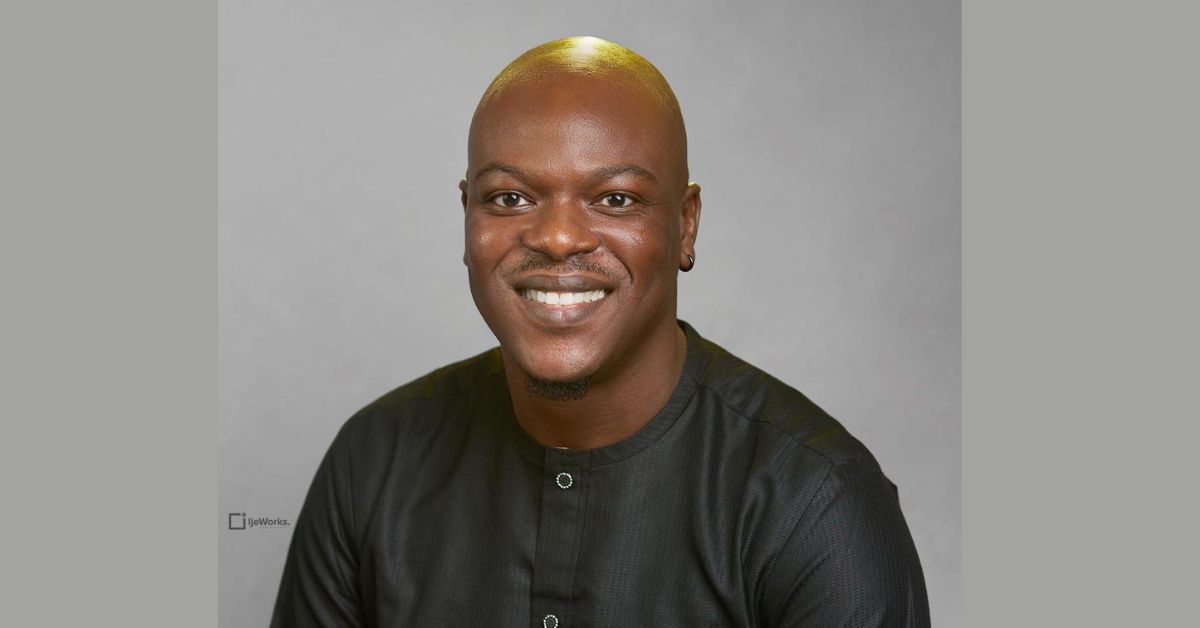Last week, the Shell funded impact investor, All On announced its decision to invest $1.5 million in Auxano Solar, a solar panel producer in Nigeria.
Auxano Solar, which assembles solar panels in Nigeria, says its vision is to bridge the gap in the power sector by providing reliable solar inverter solutions at competitive prices. They’re trying to solve one of Nigeria’s most famous problems – access to electricity.
The story of Nigeria’s failure to solve its power problem is almost as old as time. For over 50 years, Nigeria has generated electricity through thermal (84%) and hydro power sources (16%). Yet, the country remains unable to meet its power needs.
It distributes under 5,000 MW, a measly supply for a country which needs an estimated 40,000MW to meet its basic needs.
In real terms, this shortfall in MW means that 47% of Nigerians do not have access to grid electricity and those who do, face regular power cuts.
How do you solve a problem like this and with Nigeria’s infrastructure problems, how do you ensure that Nigerians in rural areas also have access to electricity?

Side Note: With a share of 2% in the total final energy consumption, electricity remains a marginal source of energy in Nigeria. Furthermore, electricity only represents 9% of the household’s total energy consumption.
In recent times, one answer has been off-grid solar systems. While renewable energy in Nigeria is still at an early stage, off-grid solar energy has gained some popularity as a means to meet some of our power needs.
Reducing dependence on Nigeria’s electricity grid with solar solutions
In 2006, policies like the National Energy Policy (NEP) as well as a National Renewable Energy Master plan (NREMP) showed the government’s seriousness about solar energy.
One direct result was that you could import solar panels and their components without paying import duties. In 2014, Chuks Umezulora registered Auxano Solar Nigeria Ltd for “procurement, sales, designs, installation and maintenance of solar and inverter systems.”
It was a straightforward business at the time, with government policies favoring imports of solar panels. But that changed in 2018, after Nigeria’s Customs Service introduced duties and Value Added Taxes (VAT) of up to 10% for solar panels and solar components imported into the country.
How significant is a 10% import duty? This report says tariffs, VAT and other applicable
importation levies for solar products have contributed to over 40% of their retail prices. Yet, the Nigerian government said it made the decision to improve local production.
Companies like Auxano took the decision to begin assembling solar panels in Nigeria.
Importing vs assembling solar panels
Manufacturing or assembling anything in Nigeria is difficult. One person who knows this all too well is Umezulora, the COO of Auxano.
In a 2018 interview, he told this publication that “cost is a very tricky issue to deal with when assembling in Nigeria as so many elements are not fixed.”
He admitted at the time that despite tariffs on imports, it is still difficult for companies that assemble locally to compete on pricing. “We are also dropping our prices as we are competing with a global market; most times, at the expense of our profit margin….anything now that’s not benchmarked against China prices won’t fly.”
As far as the market is concerned, no one cares where the panels are produced. Instead, everyone is trying to find the best prices. What has helped keep companies like Auxano competitive is funding and support from organizations like All On, an impact investor funded by Shell and the United States African Development Foundation (USADF).
In 2018, Auxano was one of the winners of All On and the USADF’s “Off-Grid Energy Challenge.” It meant some seed capital for the company as well as technical assistance from the USADF.
Support like this helps businesses grow. Earlier in the year, Auxano was among the four companies that benefited from the ₦180 million ($467,016) assistance to renewable energy companies, to provide solar power for emergency health centers in support of the response to fighting the COVID-19 pandemic.
All On invests $1.5m in Auxano for solar plant expansion
Finding Auxano’s assembly plant in Ojo, Lagos, can be a bit tricky because there are no signs that announce the company’s presence. But when you ask anyone around the mammy market area where the “solar people” are, you’ll get a clear description.
It is a mid sized factory with workers in overalls moving panels and who seem surprised to have an audience. In a year, Auxano would have outgrown this factory space, thanks to a $1.5 investment from All On.
Umezulora told TechCabal, “we are going to move to a permanent site in Ibeju Lekki with 100MW installed capacity, which is 10 times our current installed capacity of 10MW. We are looking to achieve this within 12 months.”
In the end, it is a big goal. And one of the questions is whether Auxano’s local manufacturing will still be competitive if tariffs are removed and imports become cheaper again.
Umezulora says it is difficult, but it is not impossible. “What I can tell you right now is that we can compete on pricing and as we scale up on capacity, our margins can get better.”
“Globally, we’re beginning to move manufacturing close to the market. The way we look at these problems is as opportunities. I understand the problem of pricing. We used the first three years to understand the pricing challenges.”
“For the records, we’re still paying import tariffs like every other person and we’re hoping that with the increase in capacity. If we can survive now, we can survive going forward.”
Yet, Umezulora’s biggest driver is the belief that someone has to do the work. “If no one is bold enough to take that initial leap, this thing may never happen.”




















